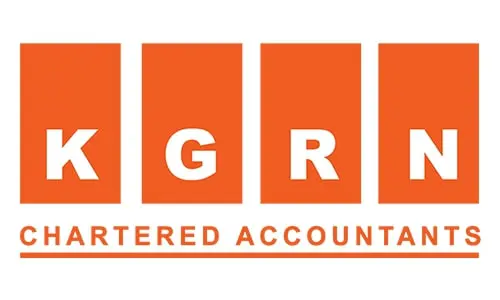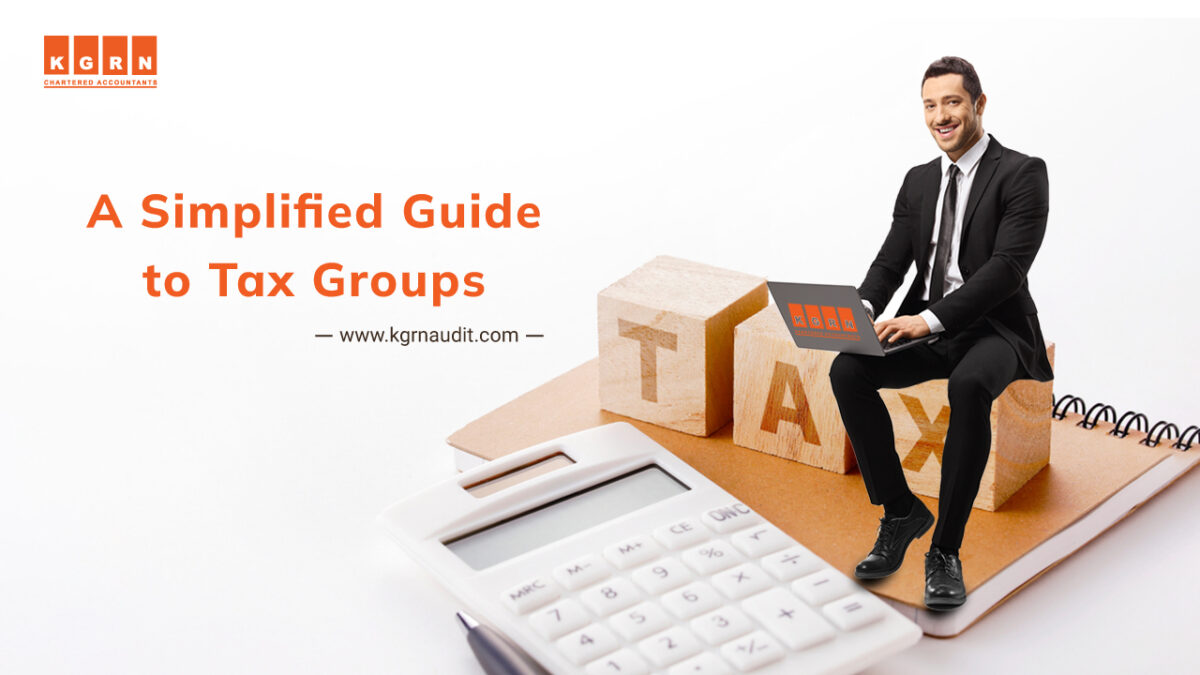Introduction to Tax Groups
The Corporate Tax Law has introduced Tax Groups as a framework allowing corporations to streamline their tax processes. This guide is designed to provide a straightforward overview of what Tax Groups are, their benefits, and how eligible entities can form one. It is
particularly aimed at assisting corporate entities and financial professionals in navigating the complexities of tax consolidation under the UAE’s Corporate Tax regime.
Understanding Tax Groups
A Tax Group is a consolidation of two or more taxable entities treated as a single taxable entity for corporate tax purposes. The formation of a Tax Group facilitates simplified tax administration, enabling entities within the Group to file a single tax return, among other benefits. This system is designed to reduce administrative burdens and optimize tax liability
management for related corporate entities.
For enquiries call @ +971 45 570 204 / Email Us : [email protected]
Eligibility for Tax Group Formation
To form a Tax Group, certain criteria must be met, including the entities being juridical persons, resident in the UAE, and having a significant share capital ownership and voting rights within the Group. Additionally, there is a need for a common financial year and
adherence to consistent accounting standards across the entities. These requirements ensure that only genuinely related and structurally aligned entities can benefit from the Tax Group regime.
Forming and Managing a Tax Group
The process to form a Tax Group involves an application to the Federal Tax Authority (FTA), detailing the relationship between the Parent Company and its Subsidiaries. Once approved, the Parent Company assumes responsibility for tax compliance on behalf of the Group,
including filing consolidated tax returns and managing tax liabilities. This centralized approach simplifies tax administration for the Group as a whole.
Dynamics of Tax Group Membership
Tax Groups are dynamic, allowing for changes in membership through the addition or removal of entities. Any change, including shifts in the Parent Company, requires notification and approval from the FTA to ensure ongoing compliance with the eligibility
criteria. Such flexibility accommodates the evolving nature of corporate structures and business needs.
For enquiries call @ +971 45 570 204 / Email Us : [email protected]
Tax Compliance for Tax Groups
Tax Groups must register with the FTA, ensuring all members are accounted for and tax compliance is centralized under the Parent Company. The Group must file a consolidated tax return, simplifying the process and providing a singular point of responsibility for tax
matters. Deregistration from the Tax Group status must also follow FTA guidelines, typically triggered by changes in the Group&’s structure or eligibility.
When a Tax Group Ends
The cessation of a Tax Group can occur due to changes in structure, eligibility, or strategic decisions by the entities involved. Upon cessation, the entities must revert to filing individual tax returns and independently managing their tax affairs, following the procedures set by the FTA for deregistration and compliance.
Tax Considerations and Calculations
Within a Tax Group, taxable income is calculated on a consolidated basis, with intra-group transactions being eliminated from tax considerations. This consolidation allows for the offsetting of profits and losses across the Group, potentially leading to optimized tax
outcomes. Specific rules, including those for interest deduction and foreign tax credits, apply to ensure fairness and compliance.
Income Attribution and Loss Utilization
The allocation of taxable income and tax losses within a Tax Group follows specific principles aimed at reflecting the economic reality of the Group’s operations. This includes attributing income and losses in a manner that aligns with each entity’s contribution to the Group’s overall economic performance, ensuring an equitable tax treatment.
For enquiries call @ +971 45 570 204 / Email Us : [email protected]
Conclusion and Resources
Compliance with the Corporate Tax Law and the efficient management of tax liabilities through the Tax Group framework are crucial for corporations operating within the UAE. Entities interested in forming or managing a Tax Group should consult with the FTA and legal or tax advisors to navigate the process effectively. For further information, the FTA’s website and customer service centers provide resources and guidance on Tax Groups and other tax-related matters.







